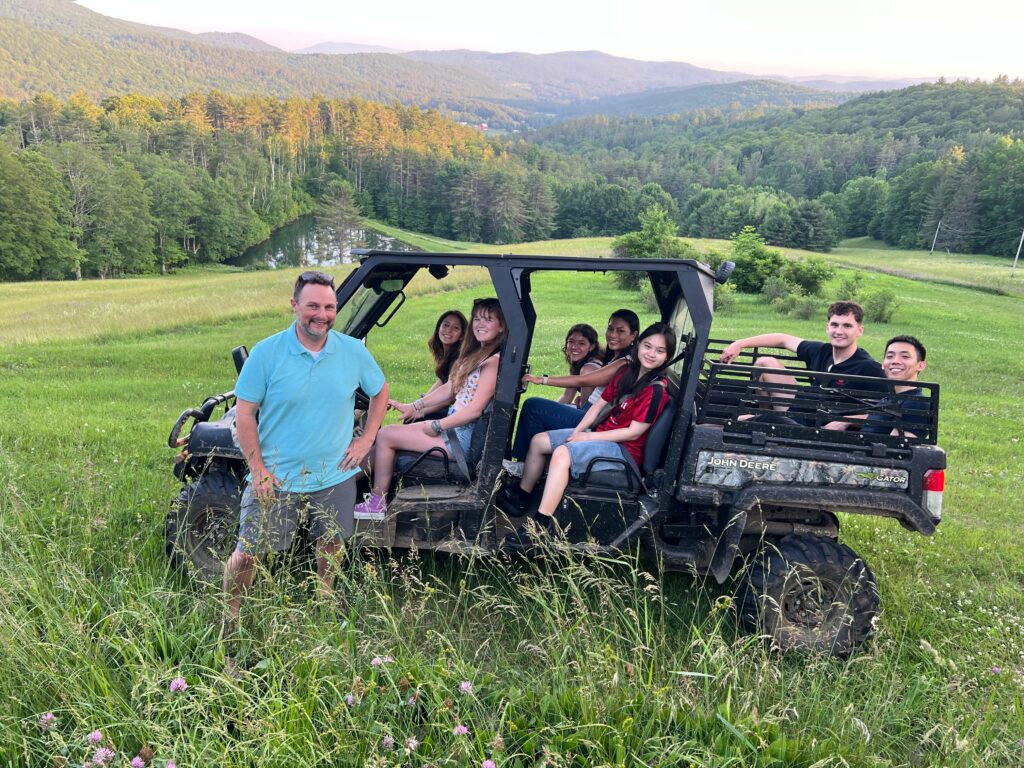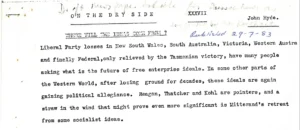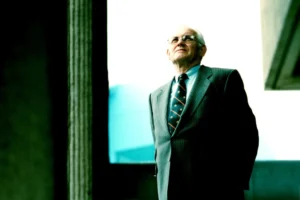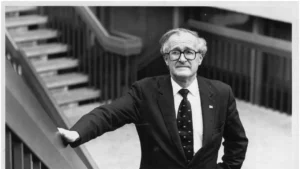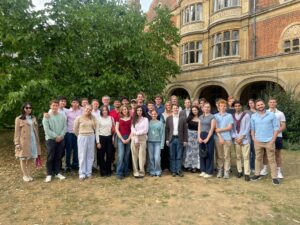I have had a few weeks to reflect on my time in the United States. The journey felt like several chapters, each one closing as another opened. After 35 hours of travel, we arrived in Vermont and met our host, Caden. I had few expectations of New England, but as we sped down its vast freeways, and saw the ageing megalithic infrastructure, and elegant yet practical architecture, I got a sense that this was the Great America one might want to Make Again.
The Capitaf Colloquium entailed a week of study, Socratic dialogues, and economic seminars centred on Milton and Rose Friedman, and F.A. Hayek. It was surreal to stay at Milton’s former home, because he inspired me to study economics. My favourite topic focused on regulating social externalities, such as billboards. Even in areas with broad social impact, liberal principles should guide policy: instead of providing services, governments should ask what minimal regulation could achieve the same outcome. Dr Miller noted that billboards do provide value to many people. Having now seen the US and Europe, I begrudgingly can see the case for more of them; the ‘market quantity’ freely chosen by consumers often aligns with social good – even though many (like me) may personally disagree. After all our sightseeing, packed with education about the area, we said goodbye to New Hampshire – its number plates bearing the motto ‘Live Free or Die’ – as Dr Miller drove us to Great Barrington, Massachusetts. Studying the Friedmans provided the perfect foundation for the trip and prompted me to reflect on their lives and achievements, and my own future.
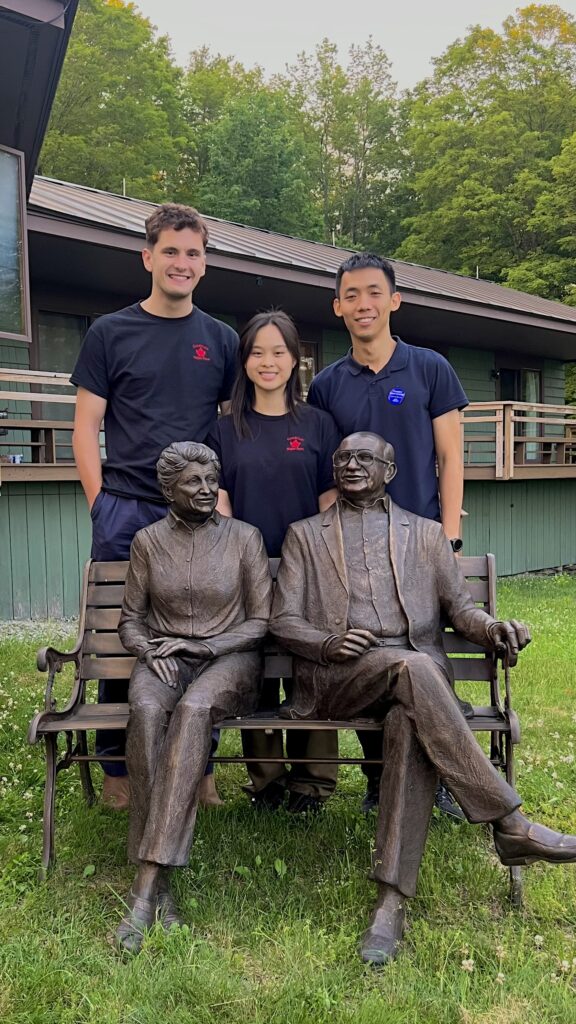
The following three weeks were spent at the American Institute for Economic Research. The wilderness setting contrasted with the professionalism inside: ties, tight schedules, and serious scholarship. Our facilitators, Ryan and Malu, were generous with their time, and our days were filled with seminars, meetings, and desk work, punctuated by trail runs and ice creams with the interns. Each of us produced an editorial article, and this was a valuable experience. The process of refining my idea and getting advice from the fellows was very worthwhile – you can read mine here. Seminars covered public policy topics, and practical software instruction such as with Stata and the Bloomberg portal, which I also found rewarding. The office sat over 20 interns, and we all read and discussed the same assigned readings throughout the weeks – from pirate governance to Marx to the gold standard. It was incredible to live and work in such an environment, and the discussions we had have truly shaped my life and philosophy.
Next, we flew down to the University of Virginia to attend AIER’s Classical Liberalism and a Free Society conference. The speakers and students made the week a huge success, and my favourite presenter was Dr Ken Elzinga, an expert antitrust scholar. He presented a case for retail price maintenance; whereby producers make agreements with their retailers to set a standard price. It sounds like it would be bad for consumers, because the retailers are no longer competing on price, but it isn’t. Retailers still negotiate a price that maximises the amount that customers buy, and when its standardised, they can provide a better service – they may assure customers they cannot find the product cheaper elsewhere – saving them a considerable search cost. I was able to ask him questions about when antitrust should discourage or encourage monopolies, and his humility left a strong impression. Once again, friendships and free time were filled with walking, running, and great conversation. My book collection grew substantially, and I started to wonder how I would smuggle everything onto the plane.
My time in the US also sharpened my perspective on Western Australia’s policy challenges. One takeaway is that profits from entrepreneurship, including startups – especially in industries that aren’t subsidised – are taxed more than real estate. Essentially, federal government pushes investor dollars away from entrepreneurship, and toward real estate, and then state and local governments stymie the ability of developers to make use of these concessions to build lower-cost housing. One solution could be to repeal negative gearing, unleash higher-density zoning in high-demand, low-density areas, and in turn improve (or equalise) tax incentives for startups (and business more broadly). Given Australia ranks only 23rd in global innovation, and a worrying 93rd for economic complexity, I believe it’s time for government and special interest groups to step aside, and let Western Australians do what we do well – pioneer.
I am incredibly grateful to CERI, Mannkal, AIER, and all those who made this opportunity possible. Above all, to those I met along the way.

